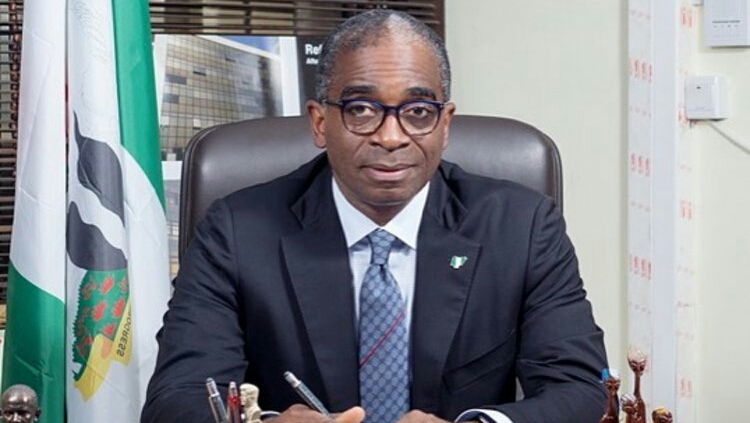Nigeria is poised to boost its non-oil exports leveraging the Economic Community of West African States (ECOWAS) Trade Promotion Organisations (TPOs) Network.
The network, which was recently inaugurated, is geared towards increasing the volume of trade within the region.
Mr Segun Awolowo, the Executive Director of the Nigerian Export Promotion Council, NEPC, is also the inaugural President of the ECOWAS TPOs.
The NEPC has started repositioning the nation’s export through the implementation of its N50 billion Export Expansion Facility Programme (EEFP).
The EEFP is a part of the Economic Sustainability Plan (ESP) whose development and implementation is being led by Vice President Yemi Osinbajo.
EEFP is expected to significantly raise the volume of non-oil exports in Nigeria, and it is a spin-off of the Zero Oil Plan developed by NEPC and approved by the President Muhammadu Buhari.
Besides providing financial support for the average Nigerian exporter, the EEFP will engender the establishment of top-notch warehouses in the country, close to airports where Nigerian goods meant for export would be packaged to global competitive standards ahead of their exportation.
The EEFP, in line with the ESP, is focused on cushioning the effects of the COVID-19 pandemic on the non-oil export sector, thereby safeguarding jobs and creating new ones.
Earlier in March, the Minister of Industry, Trade and Investment, Chief Niyi Adebayo, inaugurated the EEFP and the first online Grant Management Portal (GMP) for non-oil exports.
While the EEFP is being implemented by the NEPC, the Federal Ministry of Industry, Trade and Investment is the supervisory body over the agency and its operations.
The programme anticipated 500 beneficiaries since the inauguration but it has received more than 3,500 applications for the grant, out of which more than 2,000 were verified after meeting the eligibility criteria.
Federal Government officials say further details and plans on disbursement to final successful beneficiaries are being awaited.
More so, Adebayo said that aside being an intervention to save and create jobs, the programme would support resilience in shoring up foreign exchange, diversification, modernisation of Nigeria’s economy and acceleration of economic growth and economic support.
Under the EEPF, there are 16 programmes as approved in the Implementation Work plan under seven work streams.
The work streams are Capacity Building, Emergency Interventions, Export Aggregation, Export Inclusion, Export Trade facilitation, Institutional Strengthening and Market Development.
The Emergency Intervention is to support existing exporters in responding to shocks caused by COVID-19, while Market Development involves penetrating identified export markets as value chain analysis for priority products, leveraging Africa Growth and Opportunities Act (AGOA) and other trade treaties.
Considering the significant role it plays in growing the Nigerian economy, Micro, Small and Medium Enterprises (MSMEs) sector is the target group of support from the EEFP and the Export Development Fund (EDF).
At the recent inauguration of the TPO Network, Osinbajo said that there was need to expand intra-regional trade in the ECOWAS sub-region, with the opportunities presented by the African Continental Free Trade Area (AfCFTA) agreement.
On his part, Awolowo had said that the network would work towards facilitating the ease of trade for MSMEs within the ECOWAS region and Africa in general. (NAN)

